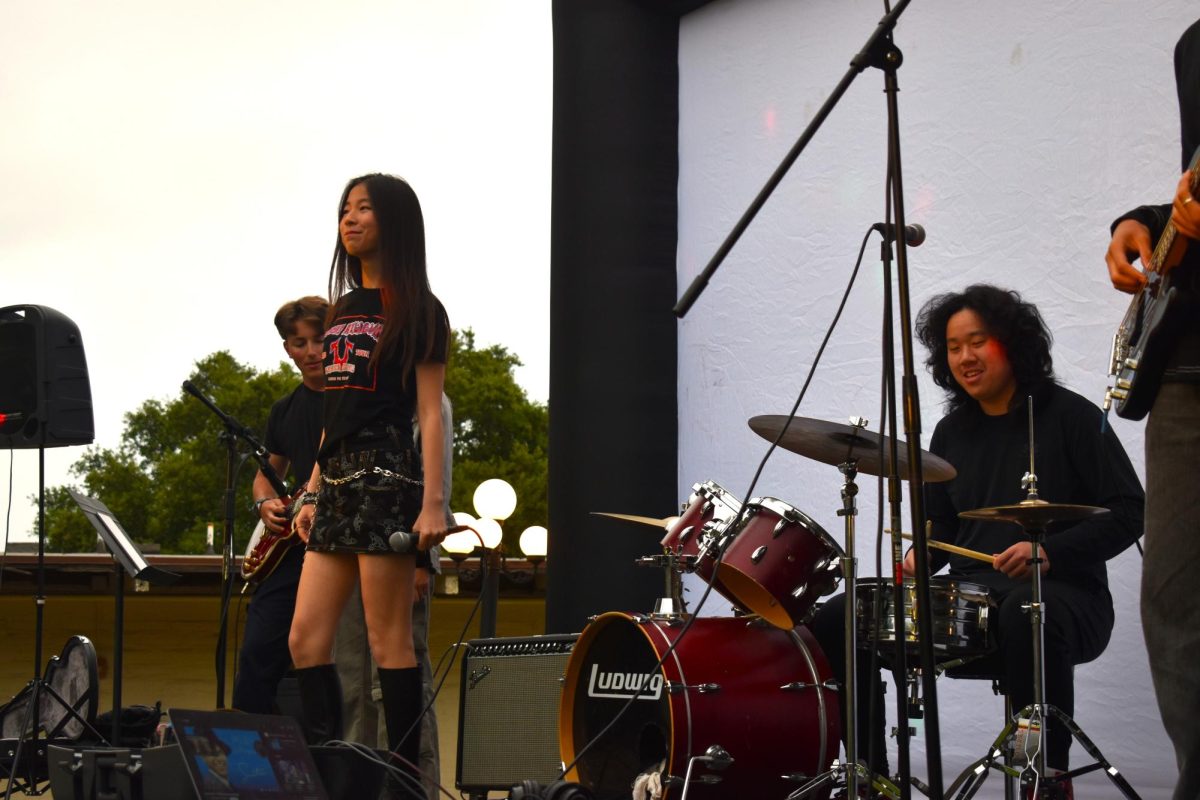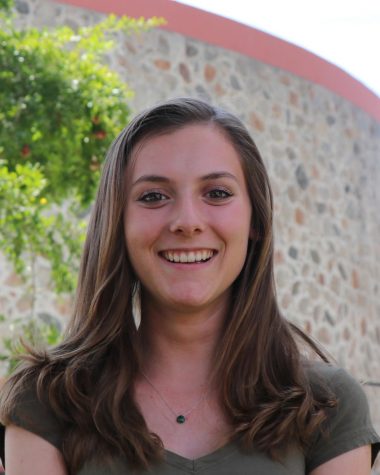Despite being a Taurus who lives up to her stubborn, materialistic reputation, I still find myself doubting the legitimacy of astrology and horoscopes. Oxford English Dictionary defines astrology as “the study of the movements and relative positions of celestial bodies interpreted as having an influence on human affairs and the natural world.” However, it is hard to believe that the alignment of the planets can affect your life.
Astrology is often belittled for its vague and unconventional aspects. Mason Letteau Stallings (‘21) said, “There’s no way to prove it, and although there’s no way to disprove it… just because you’re born in one month doesn’t mean that you’re going to have a certain amount of luck.”
Despite the controversial opinions over their validity, astrology and horoscopes remain popular amongst high school students. In a survey of 75 Webb students, 60% do not believe in astrology, yet 82.7% admit to checking their horoscope. Out of those who check their horoscope (63 Webb students), 79% found that their horoscope is only occasionally accurate.
Maya Jaffe (‘20), an avid fan of horoscopes, said, “I started checking my horoscope everyday over break and now it’s kind of a habit. I read it on VICE and it’s probably accurate about 80% of the time, but I think I kind of force it to be accurate because I make connections with anything I can, even if it’s a stretch.”
Xander Kong (‘22) said, “I think horoscopes are fun to read about but I don’t really believe it. When they do match up, it’s fun to think about it.”
Whether or not they read their horoscope regularly, most Webb students agreed that the horoscopes they find online are usually too vague to be a correct representation of their lives. In light of this observation, I wanted to turn to a professional in order to learn more.
Trina Hetherington, who works at Kindred Spirits in Claremont, became a professional astrologer after completing a two-year training program at the Manhattan School of Astrology.
Online horoscopes rely solely on sun sign astrology, which only considers the position of the sun when you are born, identifying you with a specific zodiac sign. Ms. Hetherington said, “The way I see sun sign astrology, if it [your horoscope] is really resonating with you, then it is, and if it’s not, then you probably have a lot of other things in your chart, that that isn’t really what’s going on.”
Astrology reports depend on a natal chart which indicates the positions of the planets in our solar system at the exact time in which you were born. These positions reveal certain aspects about your personality and characteristics. Most online columns look at solely sun sign astrology, giving you a simplistic representation of your traits.
By adding your moon sign (where the moon was when you were born) or rising sign (zodiac sign on the eastern horizon when you were born) to your natal chart, you create a more accurate representation of yourself. While your sun sign determines your basic personality, your moon sign and rising sign give a deeper interpretation of your emotional and physical development.
Ms. Hetherington said, “For example, say the sun sign astrology is saying ‘you’re having this positive aspect right now with Venus or Jupiter’ but you have some really other harsh aspects happening for you depending on how many degrees your sun is and what year you were born, you might be going through some horrible Saturn or Pluto transit, so you might not feel that minor positive aspect. A sun sign reading is a generalization.”
With all this information in mind, it is important to not take your horoscope reading seriously when you are reading it from a magazine or on an app. There are a lot more components than just the day in which you were born that factor into a real horoscope. I recommend that in order to get the full astrology experience, one should visit an authentic astrologer who can give them all the details they want to know about their day, week, or year.









